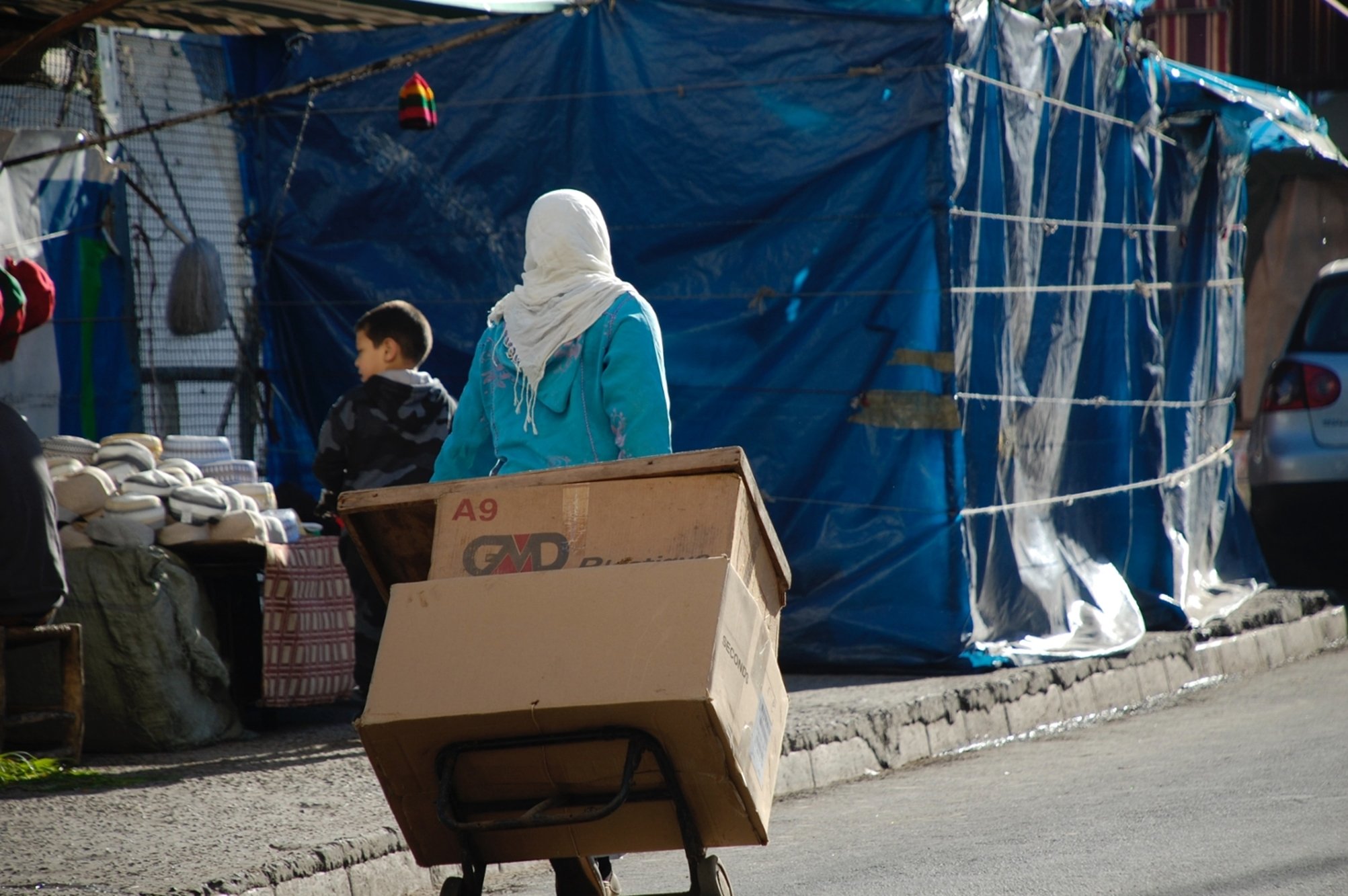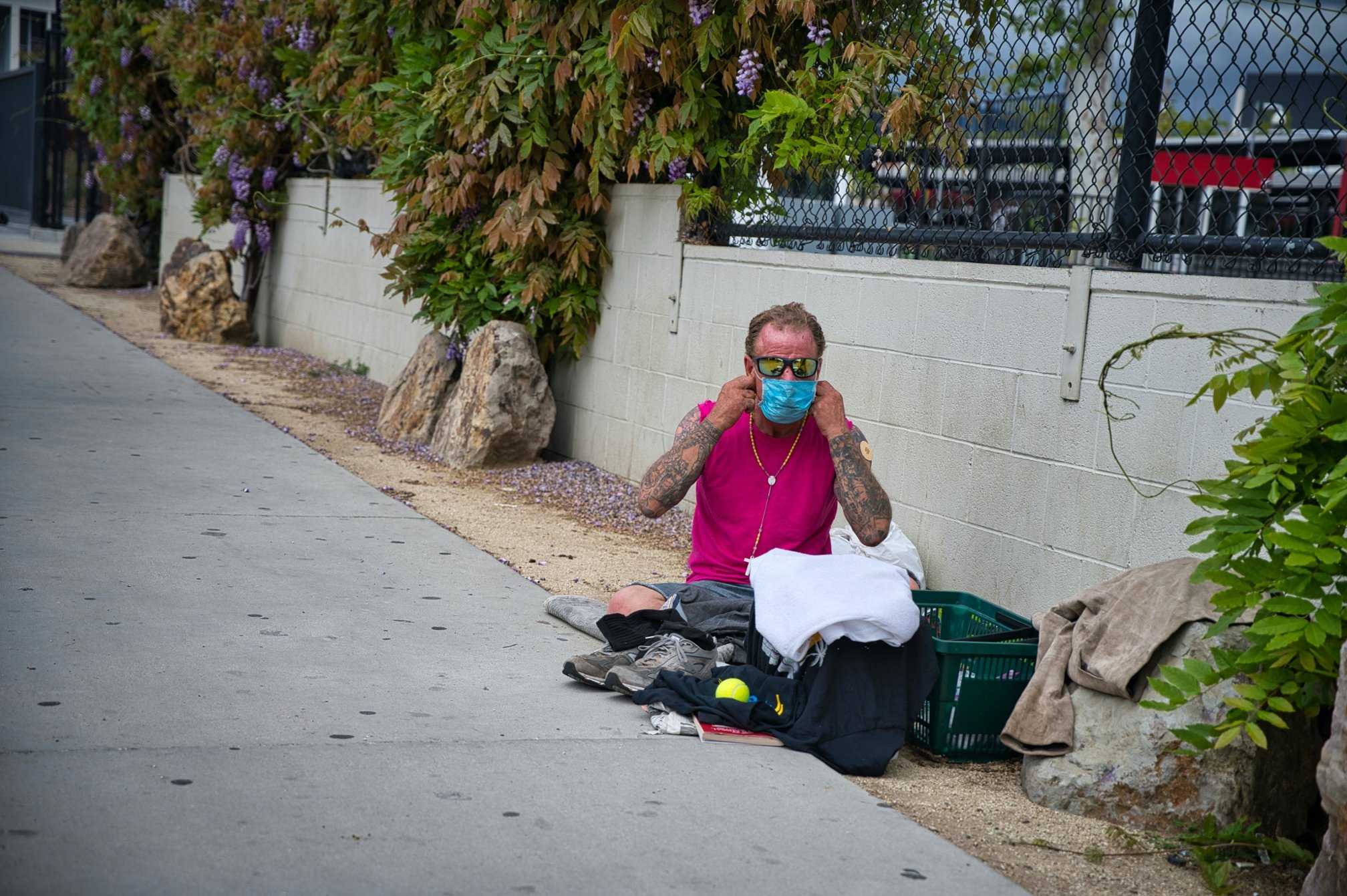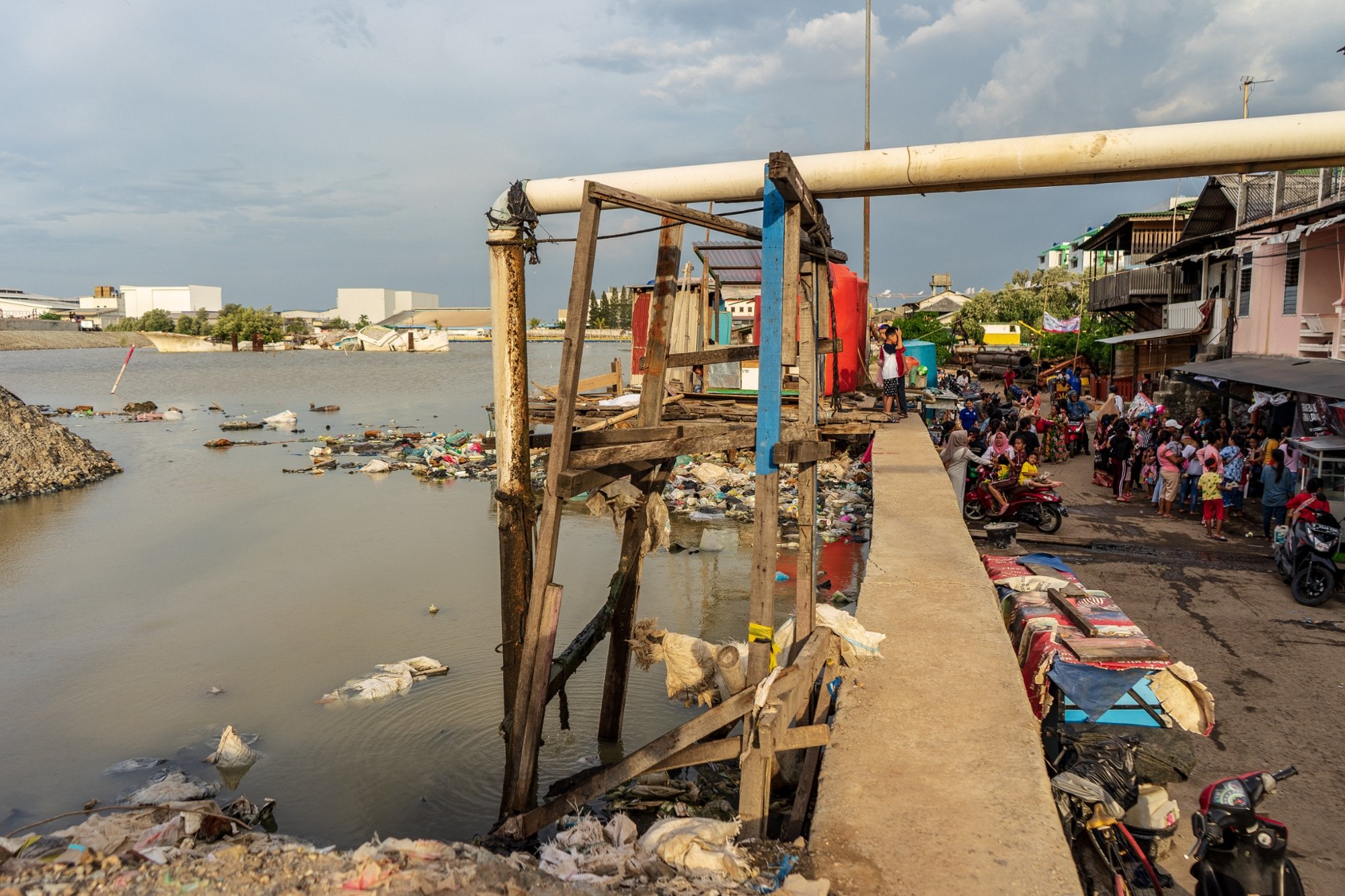Poverty and Underdevelopment
Poverty and Underdevelopment
Poverty and Underdevelopment
While not what is traditionally considered a global security issue, a country’s interest in its social well being reflects both its individual security as well and its global position. Poverty encompasses both a lack of monetary funds as well as unavailability of resources to provide a sustainable livelihood. In 2015, approximately 10% of the world’s population was living in extreme poverty, and these numbers have been even worse following a global pandemic. Living in poverty also affects other aspects of life that contribute to a more developed society such as access to education and clean water. The countries most affected by extreme poverty are found in sub-Saharan Africa and South Asia.

Poverty and Conflict
Declining GDP and national income is correlated to an increased chance of civil conflict according to some studies. Extreme poverty has shown to significantly increase the chance for conflict as well. While these conflicts would affect the countries themselves, it can also have outward effects on the global community. In the chance a conflict becomes a humanitarian crisis, organizations and other countries would likely grapple with the choice of deploying troops to the area, affecting their own security as well.

Poverty and Disease
Disease and Health Security both are important to the wellbeing of a country, with major influence on its security. With new diseases constantly developing in a rapidly changing world, a resilient health system is necessary. Unfortunately, within poverty-stricken countries, disease and sickness are found to be more prominent. This is detrimental within countries and prevents development. With rapid globalization, health is also important. It is much easier for a disease that springs up in a country to make itself found all over the world. As seen with the COVID-19 pandemic, it is relatively easy for a disease, especially an airborne one, to spread to and have devastating effects on all countries.

Poverty and International Crime
Less developed countries tend to be politically weaker. This results in a lack of control over illicit materials and items from being shipped through and out of the country. A weaker political system also results in higher rates of corruption, and as a result, the population of the country suffers. Illegal trafficking also results in issues for other countries, including dealing with the aftermath of contraband coming inside the country.
Organizations Addressing Issues of Poverty and Underdevelopment
The United Nations 2030 Agenda for Sustainable Development
The Sustainable Development Goals are a universal call to action to end poverty, protect the planet and improve the lives and prospects of everyone, everywhere. The 17 Goals were adopted by all UN Member States in 2015, as part of the 2030 Agenda for Sustainable Development which set out a 15-year plan to achieve the Goals.
The World Bank Group
U.S. Agency for International Development
On behalf of the American people, US AID promotes and demonstrates democratic values abroad, and works to advance a free, peaceful, and prosperous world. In support of America's foreign policy, the U.S. Agency for International Development leads the U.S. Government's international development and disaster assistance through partnerships and investments that save lives, reduce poverty, strengthen democratic governance, and help people emerge from humanitarian crises and progress beyond assistance.




